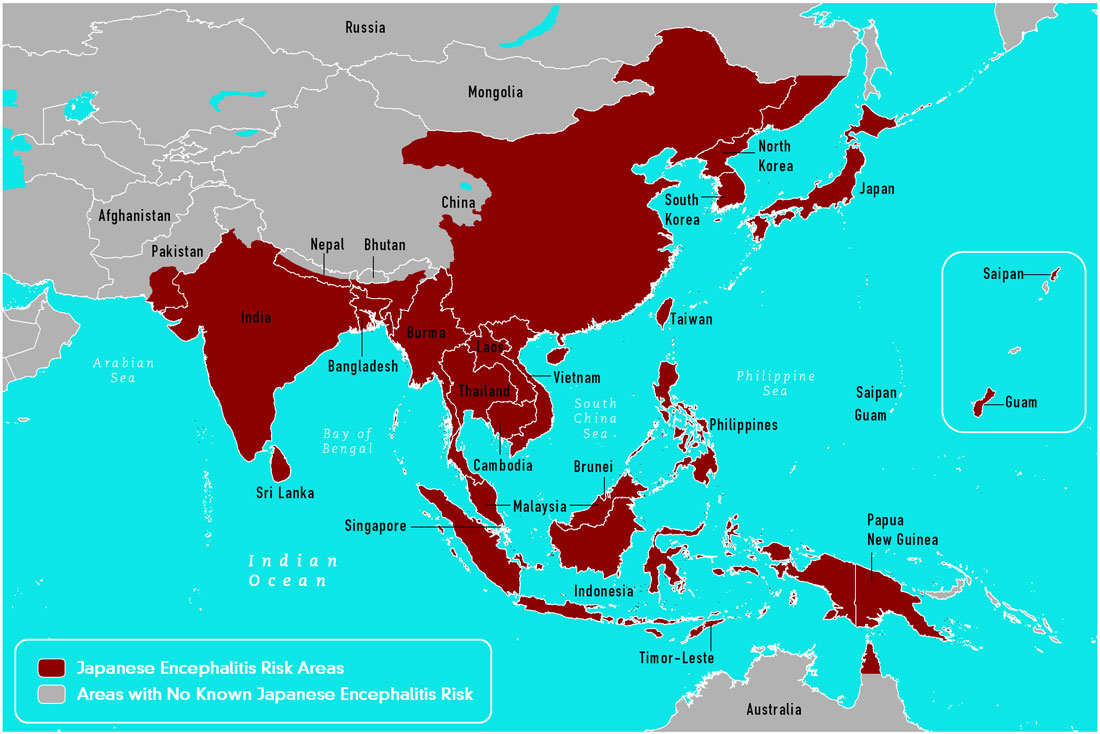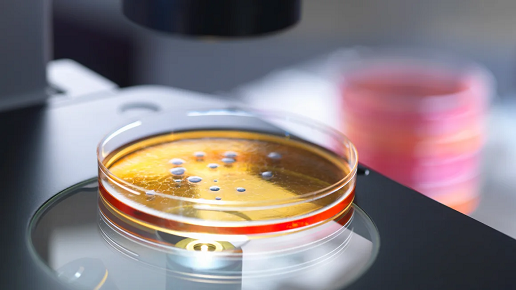On June 25, the Centers for Disease Control (CDC) announced that three new cases of Japanese encephalitis were diagnosed in Hsinchu, Chiayi and Pingtung.
The CDC announced on June 25 that there were 3 new cases of Japanese encephalitis confirmed in Taiwan, including an over 50 year-old woman in Hukou Township, Hsinchu County, an over 50 year-old man in the West District of Chiayi City and an 30-year- over old woman in Linbian Township in Pingtung County. These 3 people have no history of going abroad, and they got sick during May 31 until June 17. At present, they are all hospitalized, and their inmates are undoubtedly symptoms.
According to the CDC, three cases’ homes and activity places have close to high-risk environments such as lofts, pig shed or large drainage ditch. The health units has now carried out prevention and control measures by installing mosquito killer lamp and trapping of vector mosquitoes around their homes and activity places, and strengthen the publicity propaganda to the local people at the same time.
The CDC explains that vector mosquitoes of Japanese encephalitis are mainly Culex species (such as Culex tritaeniorhynchus mosquitoes and Culex annulus mosquitoes). Most people have no obvious symptoms after infection and may have a little headache, fever or exhausted. In severe cases, there will be changes in consciousness, inability to distinguish between people, no energy, brain and nerve function damage, seizures, coma and even spastic paralysis or death.
The CDC reminded that people living in high-risk environments such as pig sheds and paddy fields should strengthen their anti-mosquito and take infants who have been more than 15 months to get Japanese encephalitis vaccine. If you think that you have the risk of infection, you can go to the Tourism Medical Clinic (旅遊醫學門診) to assess the vaccination at your own expense.








